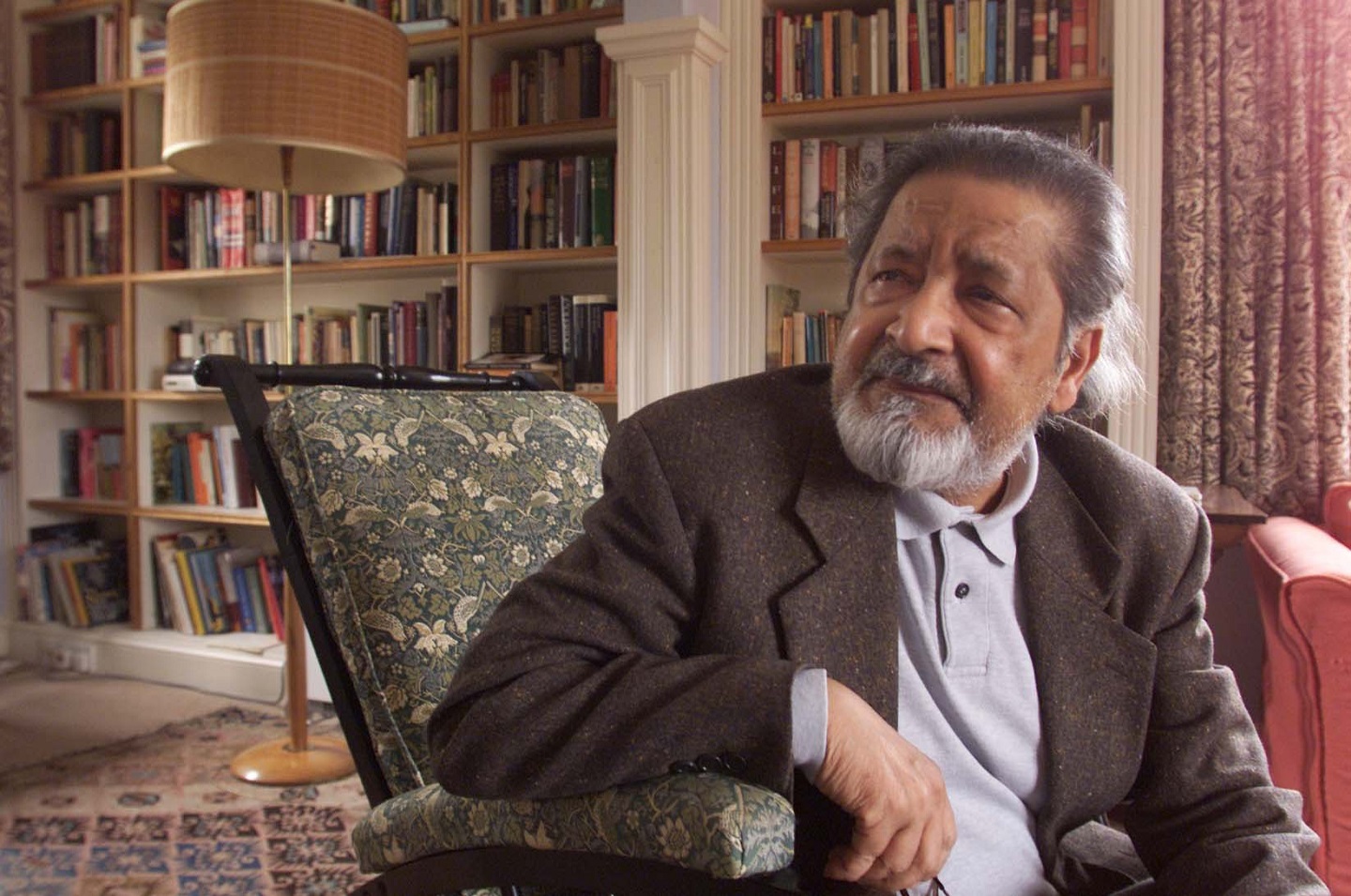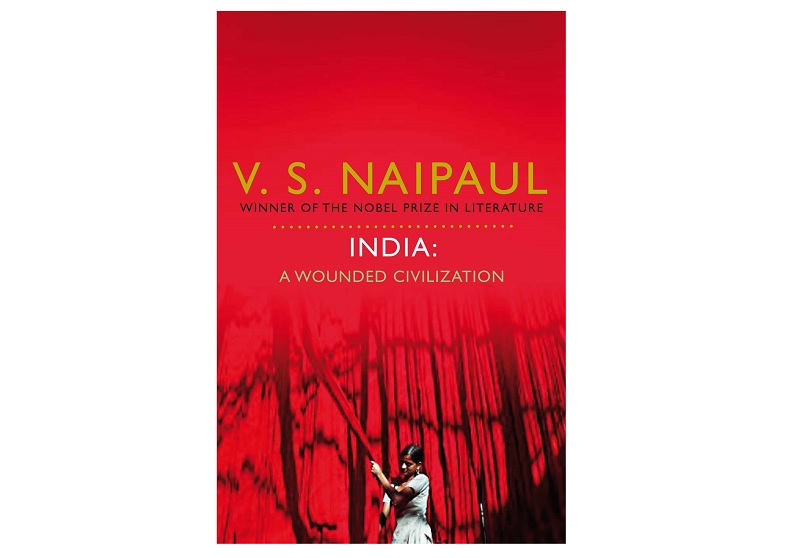
V S Naipaul (Photo: Reuters)
In a writing life that spanned six decades, V S Naipaul cultivated two distinct personalities — the painstaking, deeply private writer of some of the most powerful prose of our times, and the Character — Sir Vidia — who vacillated between the insouciant, the intolerant and the irrepressible ranter of “the scene”. Everyone, it seemed, who came his way had a tale to tell of his legendary temperament — both apocryphal and true.
A Kuala Lumpur dinner gathering is witness to a storm out in the mid-1990s during Naipaul’s visit to complete his book Beyond Belief. In the midst of the euphoric Blair victory in the UK, which promised a more “open and compassionate” society, encapsulated in the slogan New Britain, led by New Labour and its concept of “Multiculturalism”, Sir Vidia, reliable as ever in his response to what he thought of the idea, shook his fists and thundered “barbarism, barbarism!”
In this, our age of comment rather than considered opinion, the verdict upon the passing of V S Naipaul has been savage (tributes and obituaries at least have been more thoughtful) — “bigot, racist, misogynist”. Predictable and tedious, these indictments, smug in their academic certitude, are revealing of an inability (or refusal) to deal with all those qualities which make Naipaul an especially difficult writer to grapple with — nuance, complexity, contradiction; and they never quite compare to the poetic put-downs of his peers. His fellow Caribbean Nobel Laureate, Derek Walcott, of Naipaul, simply said, “V S Naipaul. No-V S Nightfall.” But it was his peers who were best poised to tackle the hoary Naipaulian paradox and it was left to Walcott to also affirm that Naipaul was indeed “our finest writer of the English sentence”.
Such reactions would have delighted the professed “little imp” in Naipaul. His writing (and literary success), which began following an intense period of isolation and marginalisation, abided by a singular principle which he expressed in an interview some years ago, “If a writer doesn’t generate hostility, he is dead.”
His writing... abided by a singular principle which he expressed in an interview some years ago, “If a writer doesn’t generate hostility, he is dead.”
The “passage” of Vidiadhar Surajprasad Naipaul — son of Seerprasad Naipaul, middle-income journalist for the Trinidad Times and never-to-be novelist, scion of indentured labourers — from Chaguanas in the Caribbean island of Trinidad to Oxford University to knighthood and the Nobel Prize for Literature remains the proverbial postcolonial story. Following a sustained period of poverty and purposelessness, he created one of the most enduring and infectious characters of modern fiction — Mohun Biswas, “six-fingered and born in the wrong way” — in the brilliantly funny and sad A House for Mister Biswas.
In years to come, however, and contrary to the opinion of the rest of the world, he would regard his novels as less important than his travel writing, journalism and reportage. Embarking on a grand and prolonged civilisational quarrel, the books that arose from this clash were to define his place in popular opinion. His return to the motherland — India — resulted in the searing and trenchant India: A Wounded Civilisation. This was followed by journeys through the African continent, Latin America and the US.
His most enduring civilisational quarrel was reserved for political Islam. Convinced that the faith contained within its own history imperial ambitions. He embarked, following the Iranian Revolution, on travels to gather the impact of that upheaval on Muslim communities of the non-Arab world. Among The Believers: An Islamic Journey was both derisive and prescient at the same time, replete with that characteristic Naipaul talent for diverting the argument from its broad critical sweep to personal idiosyncratic detail. The single figure who emerged partially redeemed in Among The Believers was a then “young and energetic” leader of the Islamic Youth Movement of Malaysia, Anwar Ibrahim. “I wish I could have spent more time with Anwar…”

Yet, far from the contemporary caricature of Naipaul as “white man in brown skin”, the incongruity of a writer convinced of the ideals of the Enlightenment yet born into a colonised culture were to be played out in all his books. He passed off his place of birth with the remark, “I was born there, yes. I thought it was a great mistake”, but followed up that remark with perhaps his most powerful work, The Middle Passage, a highly personal history of the Caribbean, which conveyed, severely, the indignity and alienation induced by the colonial experience. “The world is what it is; men who are nothing, who allow themselves to become nothing, have no place in it,” he wrote.
The literary critic Terry Eagleton, surmised the Naipaul contradiction neatly: “Great Art, Dreadful Politics”. It has come to serve as the defining statement of the Naipaulian paradox. In later years, that paradox began to unravel gradually as novels and essays explored aspects of a more personal and historical pain that only “the books” would reconcile. “Everything of value about me is in my books,” he would say in his Nobel lecture, Two Worlds. “Whatever extra there is in me at any given moment isn’t truly formed … it awaits the next book. It will — with luck — come to me during the actual writing, and it will take me by surprise. That element of surprise is what I look for when I am writing: it is my way of judging what I am doing — which is never an easy thing to do.”
This article first appeared on Aug 20, 2018 in The Edge Malaysia.


